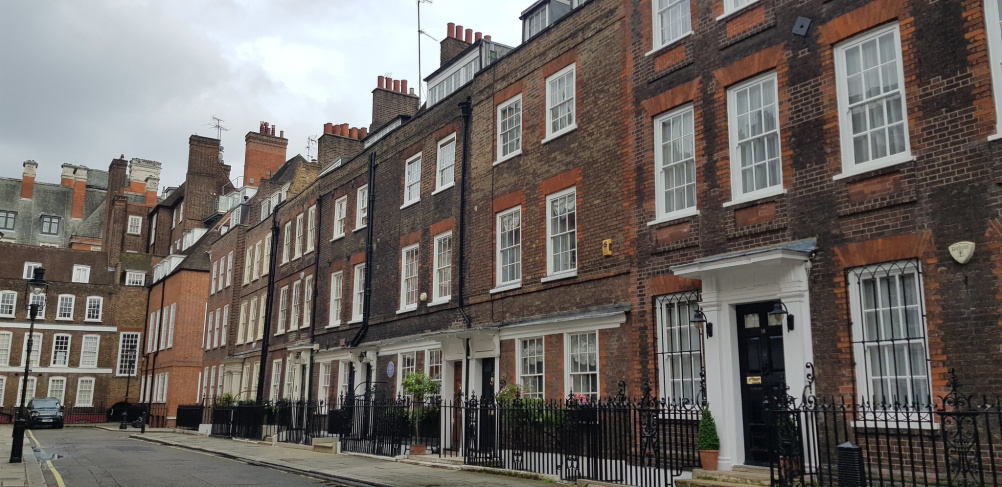
Experts have warned that a “mansion tax” could have a destabilising impact on the market.
Around 150,000 homes worth over £2 million look likely to be hit by an annual levy in tomorrow’s Budget, reports suggest.
The threshold at which the annual levy would kick in was confirmed yesterday “by people briefed on the Budget”, according to the Financial Times.
Savills estimates that there are around 145,000 homes worth £2m and above in Great Britain, the majority of which are in London and the South, while Knight Frank previously put the figure at about 150,000.
In order to implement the tax, a revaluation of properties in the top three council tax bands F, G and H, would need to take place for the first time since 1991.
This means that it’s unlikely the charge will come into effect before 2028, the reports say.
It is thought the charges will be on a sliding scale, but the average will be around £4,000 per year.
Homeowners might be given the option to roll up the annual levy and pay it upon selling the property or death, similar to an equity release plan.
Logistical hurdles
Knight Frank head of UK residential research Tom Bill says the revaluation of properties for council tax banding could be fraught with difficulty.
He says: “A valuation that does not go into sufficient detail can be legally challenged, which immediately raises the question of government resources.
“Properties near price thresholds create the biggest headache and challenges can cost the government time and, more importantly, money.
“Higher-value homes are particularly complex to value because there is less uniformity between properties.”
Furthermore, he questions whether valuing a property just above a threshold that makes it liable for the levy would in itself reduce the value.
On top of this, homeowners might be reluctant to renovate or extend their properties because of the potential tax hit.
House prices in prime central London have already fallen by 21% over the past decade, Knight Frank data shows, while indices suggest that average UK prices have risen 41% over the same period.
Separate figures from Rightmove show that agreed sales on homes worth £2m and above are down 13% year-on-year, as speculation about the tax and other Budget measures appears to have dampened activity.
The risks of taxing asset-rich, cash-poor homeowners
Jackson-Stops chairman Nick Leeming says: “The existing downward pressure at the top end needs to be considered against wider housing market stability.
“Many prospective sellers, particularly those with mortgages, will be asset-rich and cash-poor.
“Understanding the limits of raising revenue from perceived wealth rather than income, against decades of unprecedented house price inflation and vast regional disparities, is absolutely critical.
“Any cliff-edge reforms could put additional roadblocks in the way for movers and risk capital flight, consequently slowing down economic activity.”
Sotheby’s International Realty executive partner Becky Fatemi says: “£2m might sound like a fortune, but in London and much of the South East it doesn’t buy a mansion.
“It buys a good family home in a great catchment or a nice apartment in a well-connected area.
“Homeowners have already paid huge amounts in stamp duty, council tax and upkeep.
“Asking them to pay again every year for the privilege of owning their home would punish the very people who keep the market moving.
“What about those who bought decades ago and simply watched their homes appreciate with time? They’re not the super-rich.
“These are long-term owners who would suddenly face an annual bill they can’t control.”



